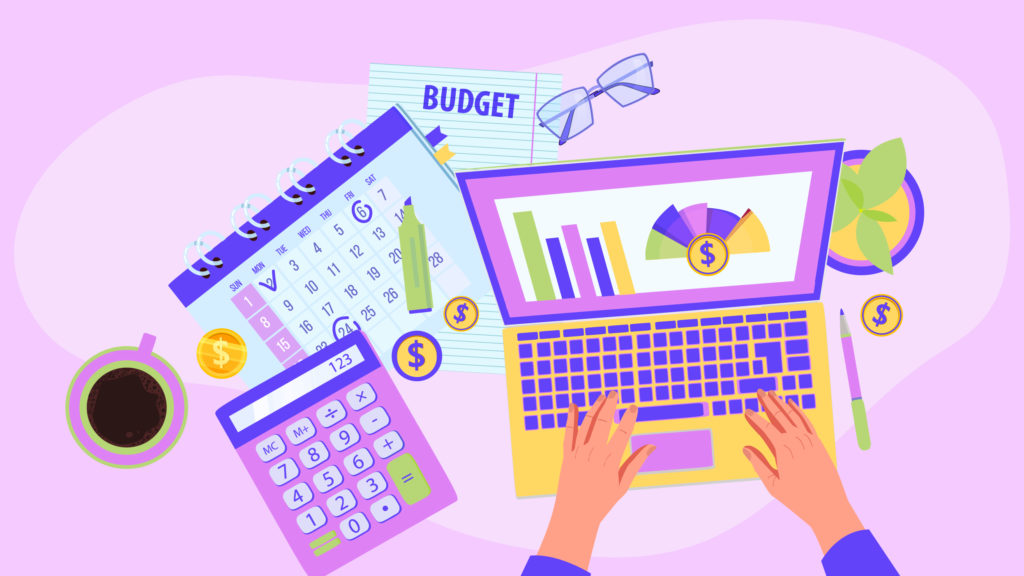Managing financial stress and mindfulness

Managing financial stress and mindfulness. In the second part of our financial stress webinar covering managing financial stress, we look at goals, mindfulness, and monitoring progress with expert help from Lea Clothier, a Master-certified behavioural money coach involved in the development of the Financial Mindfulness program. Part one looked in detail, decision making, literacy, and […]
Managing financial stress – Decision making, literacy, learning new skills

Managing financial stress – Decision making, literacy, learning new skills. In the first part of our financial stress webinar covering managing financial stress, we take a detailed look with expert help from Lea Clothier, a Master-certified behavioural money coach involved in the development of the Financial Mindfulness program. There are so many triggers to create […]
Disorganised finances

Disorganised finances. A persistent, nagging fear of money is all too real for many people. The medical word for it is Chrematophobia, also known as Chrometophobia and its sufferers have a much higher likelihood than average to experience financial stress. The individual reasons are probably as varied and nuanced as the number of sufferers, but […]
Money and relationships

Money and relationships. Many elements can lead to relationship tensions and even breakdown. One of the most difficult to change can be disputes or differences over money. Perhaps strangely, often ‘opposites’ attract when it comes to money and relationships. “You’ll often see a spender/saver dynamic in a couple,” says Lea Clothier, a Behavioural Money Coach. […]
What to do if lockdown has caused me financial stress

What to do if lockdown has caused me financial stress. Right now, millions of Australians are under public health orders to stay at home in an attempt to reduce the spread of the Delta variant of the Covid-19 virus all around the country. More than half of all Australians face this uncomfortable but necessary reality, […]
How to reduce the shock of unexpected expenses

How to reduce the shock of unexpected expenses Unexpected events are by definition surprising and can cause anxious feelings in most of us. Where it’s a positive surprise that speaks for itself, positive feelings of wellbeing usually follow. But where it’s an unwelcome unexpected event, we can be quite shaken. A flood or fire, a […]
Why you need to stay mindful with your use of ‘buy now pay later’ services

Buy now pay later. Popular new payment services like Afterpay, Openpay, Zip Pay and soon, Paypal’s ‘Pay in 4’ – collectively known as ‘buy now pay later’ services – perform something of a trick in the minds of consumers. The trick results in people walking out of a store with a television, a carry bag […]
Lowering financial stress and stress in general

Lowering financial stress and stress in general. Financial stress is debilitating; it can add a layer of unwelcome, even toxic, distraction to everyday life. It can affect our relationships and our productivity at work; plenty of research shows this, including research commissioned by financial mindfulness. But people under financial stress don’t need research to confirm […]
How can we reduce mortgage stress

How can we reduce mortgage stress. Despite sustained, record low interest rates, repaying a mortgage remains one of the most significant financial stressors for many Australians. According to Moody’s Analytics, 20 percent of all Australian households are said to be under mortgage stress in Australia. Government figures record just over a third of Australian households has a […]
How to maintain a budget

How to maintain a budget. Setting up a budget is a great step toward improving your relationship with money and, ultimately, your financial position.